We all love the family gatherings, lazy days and big meals, but holiday food waste can be significant. WeHateToWaste.com points out that American household waste jumps 25% between Thanksgiving and New Year’s Day. Here are a number of strategies to reduce holiday food waste without diminishing the impact of your holiday fun.
This list is part of Important Media’s More Love, Less Stuff holiday event. This year, we want to redefine holiday traditions to reduce waste and focus more on love, friends, and family.
1. Plan wisely. One of the biggest culprits to holiday food waste is when we simply make too much food. Lovefoodhatewaste.com makes planning meals easy and notes that writing and sticking to a shopping list can save you money. Their portion planner tool helps you get your portions right and make the most of the food you buy.
2. Source locally. When ever possible use local and sustainable produce, flowers, beverages and décor. Anything you can do to reduce transport-related emissions is good for the environment. There are also significant social, environmental, and economic benefits to creating local economies because a strong local economy translates into jobs and economic growth which increases the tax base which improves services for people in your own community.
3. Eliminate disposables. If you don’t heave enough mugs, cups, plates, and cutlery in your kitchen, consider renting them instead of using disposable products. Or stock up on low cost extras; IKEA and dollar stores are good places to find durable, inexpensive dishware and other kitchen items. If you must use disposables, use compostable dinnerware and make sure to compost them and the food scraps in the backyard or a municipal composting program.
4. Have dish soap, sponges, and kitchen towels on hand. This will help you avoid using paper towels for cleanups.
5. Don’t serve bottled water. By serving filtered tap water, you save money and don’t contribute to the recycling bin.
6. Make sure you have a recycling plan in place. Having a sufficient number of recycling bins will keep recyclables out of the trash.
7. Help family and friends use up all of their leftovers. The Refrigerator Files: A Guide to Creative Makeovers for Your Leftovers, written by Jocelyn Deprez, is a great resource for creative leftover solutions. If guests bring dishes potluck style you can send them home with leftovers in their potluck dishes.
8. Donate Excess food. Instead of shelving unused canned and dry food, consider donating it to a local food bank or homeless shelter. Most cities and counties have at least one location where you can make food donations. Feeding America can help you locate a food bank near you.
Food waste photo: Shutterstock.com
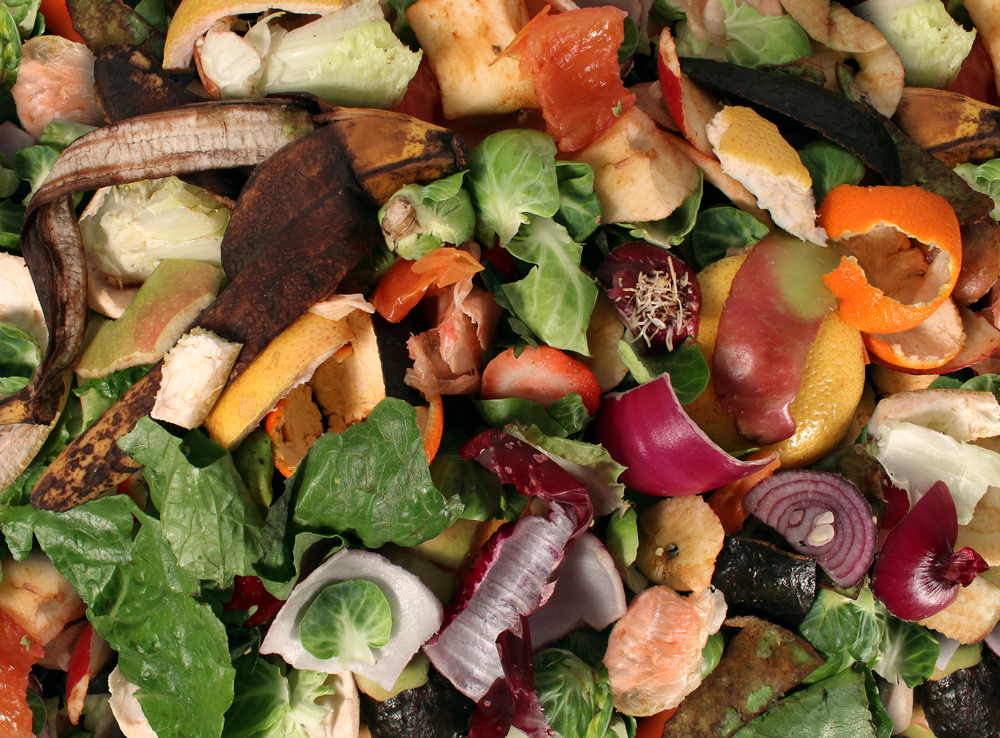

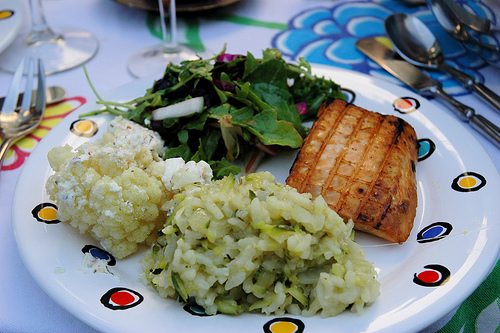
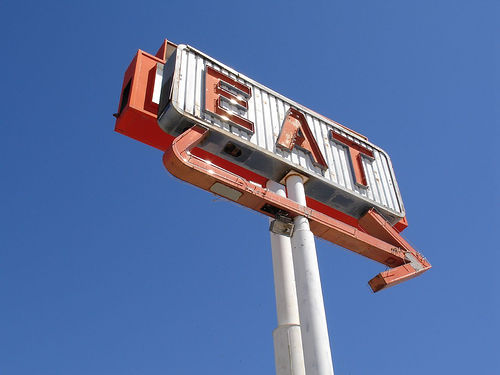
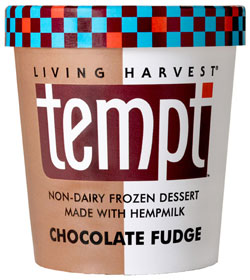

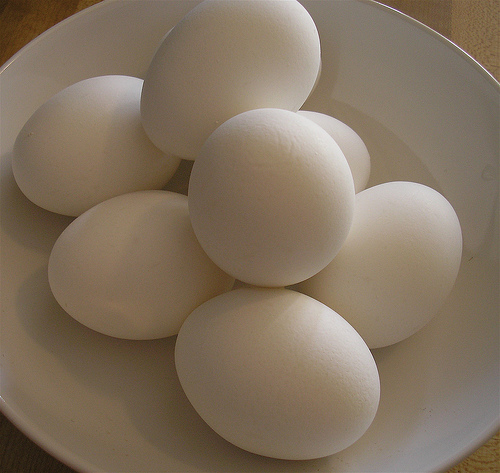

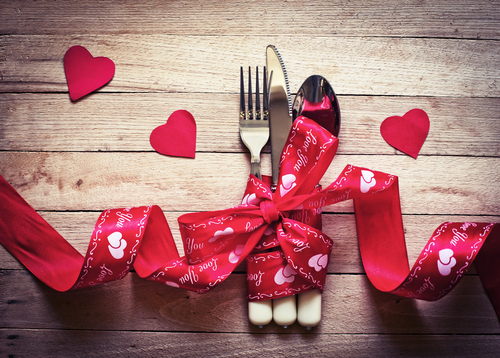

Paper towels are compostible………….